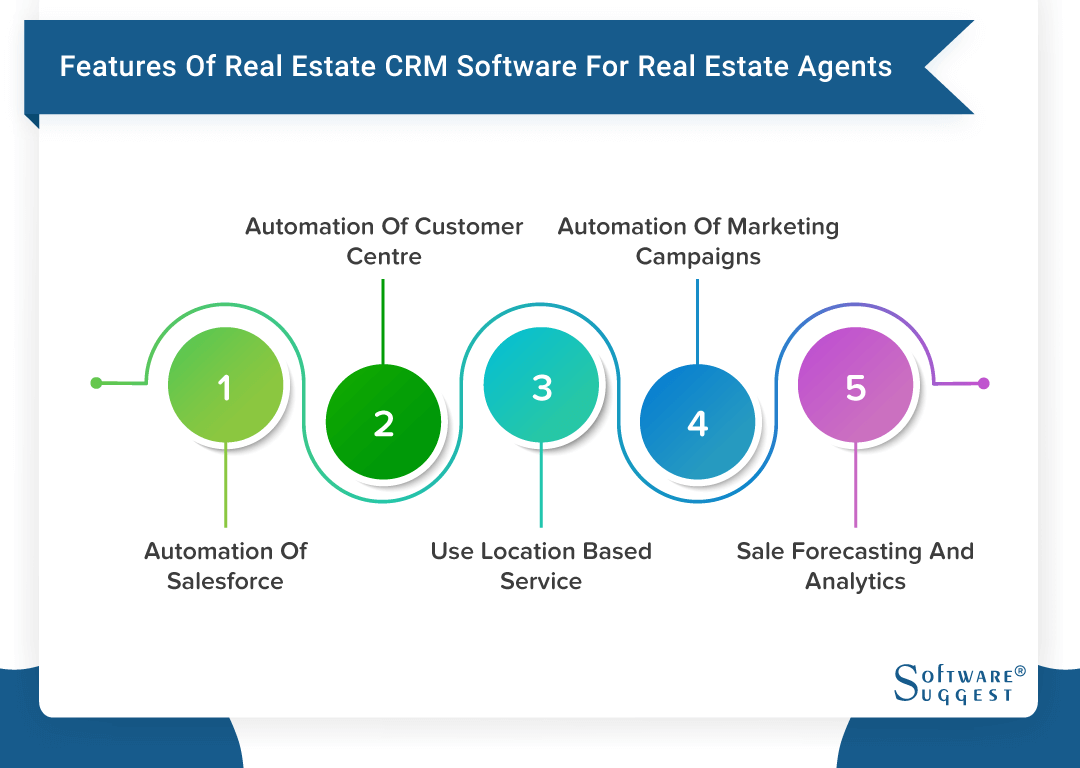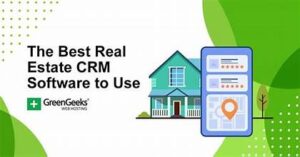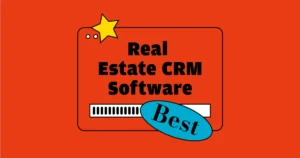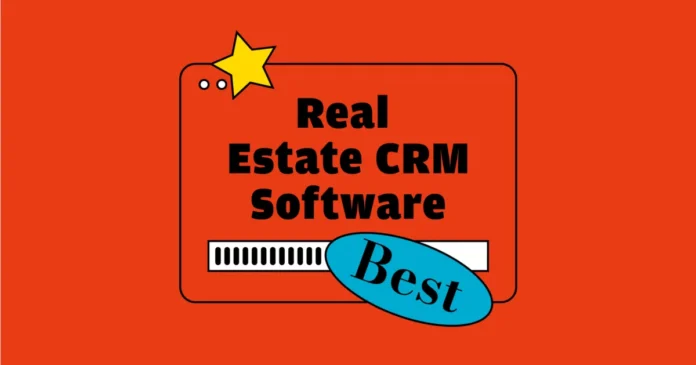
In the fast-paced world of real estate, staying ahead of the competition requires more than just traditional sales tactics. Integrating a Customer Relationship Management (CRM) system into your real estate business can be a game-changer. This article explores how Real Estate CRM software can significantly boost your sales and highlights the essential features to look for when choosing the right CRM for your needs.
What is Real Estate CRM Software?
Real Estate CRM software is a specialized tool designed to help real estate professionals manage their client relationships, streamline operations, and ultimately drive more sales. Unlike generic CRM systems, real estate CRMs are tailored to the unique needs of the industry, providing features that cater specifically to property transactions, client management, and market analysis.
How Real Estate CRM Software Can Boost Your Sales
- Enhanced Client Management
One of the primary benefits of a Real Estate CRM is its ability to centralize client information. This feature ensures that all details about potential and existing clients are stored in one accessible location. By maintaining a comprehensive database, real estate agents can track client interactions, preferences, and transaction history, allowing for more personalized and effective communication. This enhanced client management helps in nurturing relationships and increasing the likelihood of closing deals.
- Streamlined Communication
Effective communication is crucial in real estate sales. A robust CRM system provides tools for automating email campaigns, managing follow-ups, and scheduling appointments. Automation features can send personalized messages and reminders, ensuring that no lead is overlooked. This streamlined communication saves time and helps maintain a consistent and professional interaction with clients.
- Improved Lead Management
Real Estate CRM software helps in capturing, tracking, and managing leads from various sources such as websites, social media, and referrals. By integrating with lead generation tools, a CRM can automatically add new leads to the database and assign them to the appropriate agents. This efficient lead management process helps prioritize high-potential leads and improves conversion rates.
- Data-Driven Insights
Data analytics is a powerful feature of Real Estate CRM systems. These tools provide valuable insights into client behavior, market trends, and sales performance. By analyzing this data, agents can make informed decisions, identify opportunities for growth, and refine their sales strategies. Data-driven insights help in targeting the right audience and optimizing marketing efforts.
- Efficient Task and Workflow Management

Real Estate CRM software often includes task and workflow management features that help agents stay organized and focused. These tools allow users to create and assign tasks, set deadlines, and track progress. By streamlining workflows and automating routine tasks, agents can focus more on sales activities and client interactions, leading to increased productivity.
- Customizable Reporting
Customizable reporting is another essential feature of Real Estate CRM systems. Agents and managers can generate reports tailored to their specific needs, such as sales performance, lead sources, and client demographics. These reports provide a clear overview of business performance and help in making strategic decisions to enhance sales efforts.
Essential Features to Look For in Real Estate CRM Software
- User-Friendly Interface
A CRM system should be intuitive and easy to navigate. A user-friendly interface ensures that agents can quickly adapt to the software and utilize its features effectively. Look for a CRM with a clean design and straightforward functionality.
- Integration Capabilities
Integration with other tools and platforms is crucial for a seamless workflow. Ensure that the CRM software can integrate with email systems, social media platforms, property listing services, and other essential tools used in real estate transactions.
- Mobile Accessibility
In today’s mobile-driven world, having access to CRM data on the go is essential. Choose a CRM with a mobile app or responsive design that allows agents to access client information, manage tasks, and communicate with clients from their smartphones or tablets.
- Customization Options
Every real estate business has unique needs and processes. Look for a CRM that offers customization options, such as customizable fields, workflows, and reporting. This flexibility ensures that the CRM can be tailored to fit your specific business requirements.
- Lead Management Features
Effective lead management is a core function of any real estate CRM. Ensure that the CRM software provides features for capturing, tracking, and nurturing leads. Look for tools that allow you to segment leads, track interactions, and automate follow-ups.
- Automation Capabilities
Automation features can save time and improve efficiency. Look for a CRM that offers automated email campaigns, task reminders, and workflow automation. These features help in reducing manual tasks and ensuring consistent communication with clients.
- Customer Support and Training
Reliable customer support and training resources are essential for successful CRM implementation. Choose a CRM provider that offers comprehensive support, including onboarding assistance, training materials, and responsive customer service.
Conclusion
Incorporating Real Estate CRM software into your business strategy can lead to significant improvements in sales performance and overall efficiency. By leveraging the features of a robust CRM system, such as enhanced client management, streamlined communication, and data-driven insights, real estate professionals can boost their sales and stay competitive in a dynamic market. When selecting a CRM, consider essential features like user-friendliness, integration capabilities, and automation to ensure it aligns with your business needs and goals.




